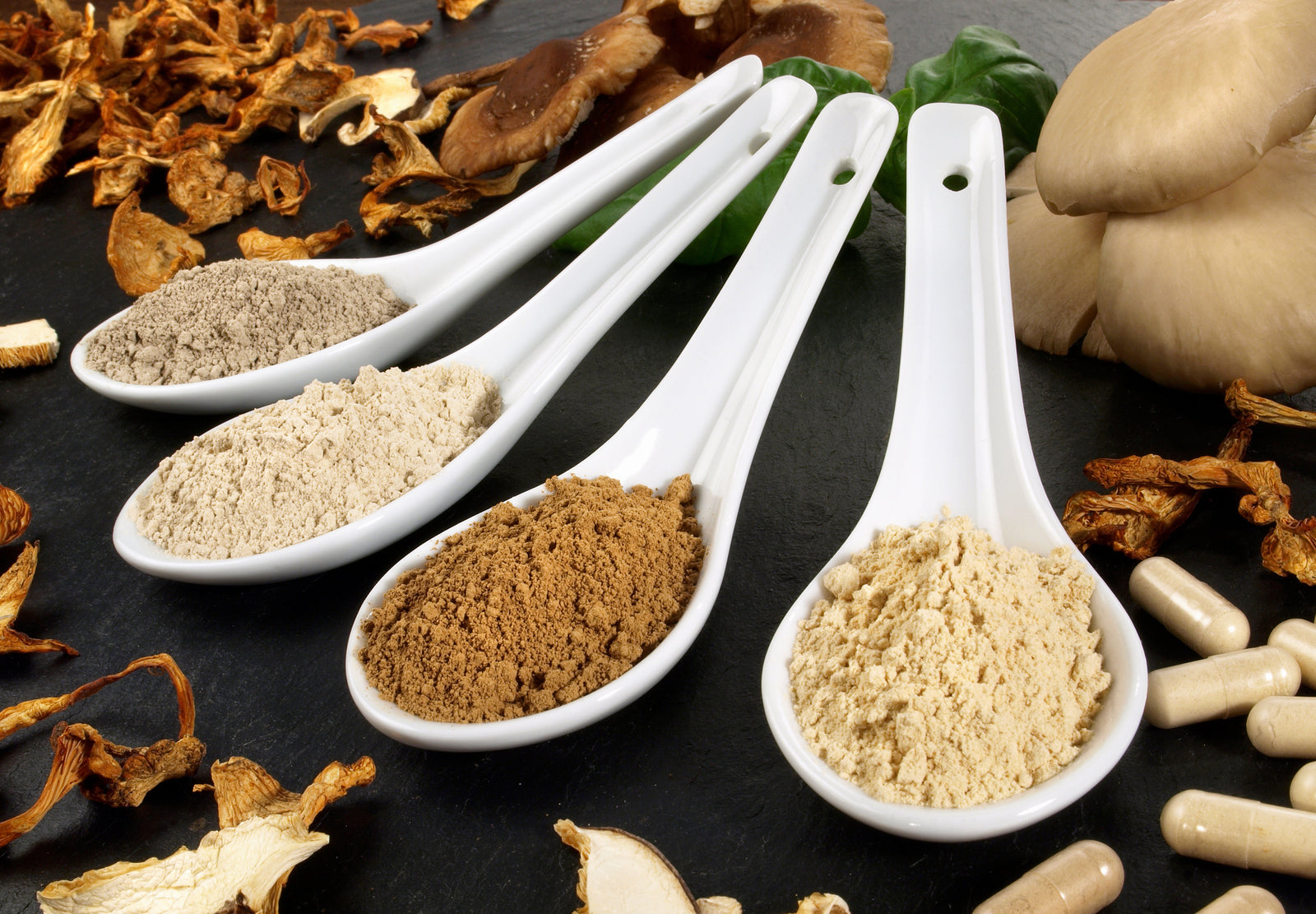Is Maitake Mushroom Safe?

Maitake is a very popular type of mushroom that is commonly believed to have many healing capabilities; relating especially to improving our overall cardiovascular health, including lowering cholesterol and blood sugar. Maitake mushrooms are loaded with various vitamins, antioxidants and nutrients (like beta-glucan) which are the source of their various health benefits. We recently posted a blog that explored the main health benefits associated with the maitake mushroom titled: What is maitake good for? Therefore we highly encourage you to give that post a read first if you are considering maitake mushrooms as your next natural supplement (whole or powdered). Whilst they are popular supplements for boosting immunity and improving cholesterol levels, they should still be taken under caution. Whilst it might not seem necessary to all, it is advised that you seek advice from your GP before you begin taking maitake mushrooms. This is largely due to the mushroom's ability to affect blood sugar and cholesterol (even if you intended to try and improve them with maitake). Getting advice and the go-ahead from your GP can ensure that the supplement will be right for you and your needs. Whilst maitake mushrooms are typically considered quite safe, they might not be suitable for everyone therefore getting medical advice is always advised for your safety. It's generally the same for any new supplement you intend to take, maitake mushroom is no expectation.
Can you eat raw maitake?
There is much debate surrounding this area of focus online therefore we can understand if you are confused or feel conflicted by what information is out there. Several sources say that you should not eat any raw mushrooms (even the ones in the supermarkets) and then other resources are saying that young maitake mushrooms taste best raw. When it comes to whether or not you should eat maitake raw in regards to safety then we advised that you cook them to ensure that they are safe for consumption. What's more, cooked maitake can still be just as tasty as they are a very savoury yet tangy mushroom; that requires minimal to no seasoning. If you are still unsure as to whether or not you should cook maitake then you could make things a little easier, for yourself, by opting for pre-cooked and manufactured maitake powder supplements. All the ‘hard work and cooking’ has been done for you! You can easily add a serving of maitake mushroom powder to a beverage or various meals to help you get to keep up your regular intake of the supplement. So to clarify, it’s safer if you cook maitake as well as tastier. Although, you can also opt for a maitake supplement that allows for more options when it comes to combining the mushroom into your diet.
Does maitake need to be cooked?
We began to answer the questions above and there does seem to be more of a shift towards cooking your maitake to ensure both safeness as well as flavour. Therefore we would advise that you cook your maitake mushrooms if you are opting for them over a powdered supplement. Ensure that they are cooked thoroughly before serving and enjoy. If you do divide to go for powdered maitake supplements then you have numerous options on how you can infuse the powder into your daily diet. We included a link at the beginning of this post which also goes through various suggestions on adding the powder to your meals and beverages. Be sure to check that post out for more helpful advice on including maitake into your diet!
How much maitake should I take?
The recommended daily dose of maitake mushrooms in powdered supplement form is about 2 grams of powder. So, about one tablespoon of maitake mushroom powder is all you need per serving. One tablespoon is believed to provide 400mg of immune-supporting polysaccharides due to the high percentage of beta-glucan. Therefore just one spoonful is all you need per serving to ensure that you are getting a sufficient amount of maitake per day. Whilst there is believed to be no real harm in consuming the maitake mushroom, it is advised to not consume more than needed. There has not been enough scientific study to determine whether medical maitake supplements pose risks, but caution is always advised. If you are considering maitake supplements then it’s advised to stick to the recommended serving suggestion!
Do maitake supplements pose any risks?
If maitake mushrooms are eaten as food in normal amounts then they are likely to pose no risk, but it is best to ensure they are cooked thoroughly before consumption. Maitake mushrooms, generally, pose no risks unless you have an allergy to them. What's more, there is little evidence to suggest that maitake supplements, in medical amounts, cause any issues or pose a risk as well. Again caution is advised as maitake could potentially pose a risk for people with low blood pressure, bleeding disorders or even diabetes; maitake is believed to alter blood sugar levels and blood pressure. These ‘health benefits might not be suitable for those people without having advice from their doctor or GP first especially if they are already taking medication for these health concerns. Due to maitake being able to potentially increase bleeding then you will want to be careful if you are also taking blood-thinning medication. It is not advised to mix maitake supplements with diabetes or blood pressure medication therefore always consult with your doctor before taking the supplement! They will be able to advise you on a safe course of action or advice you against the supplement if they are likely to negatively interact with your medication.
To clarify...
- They might only pose a risk if you are allergic to the mushroom!
- You should always seek medical advice before you take maitake supplements especially before you mix them with any blood-thinning, diabetic or blood pressure medication!















